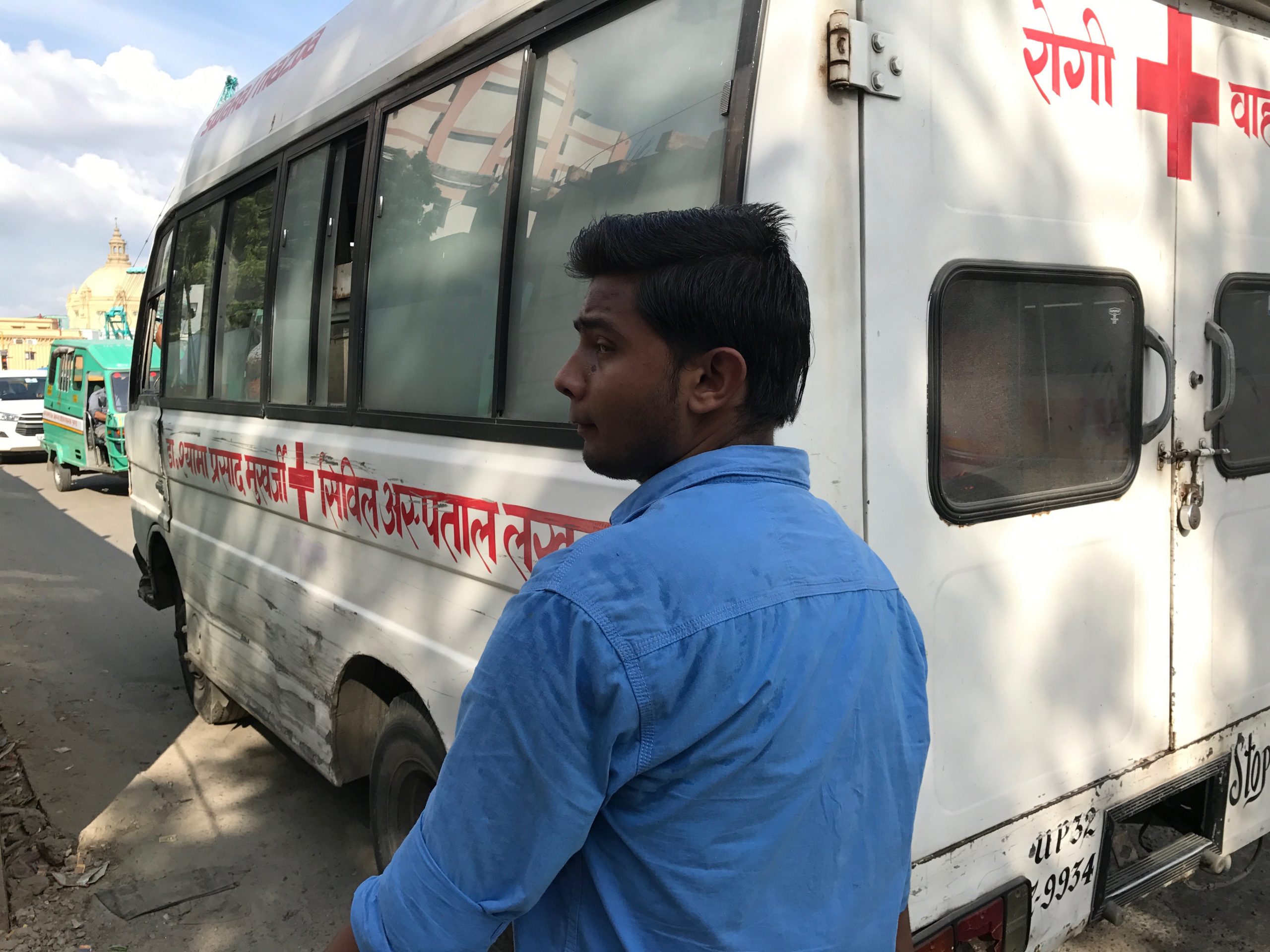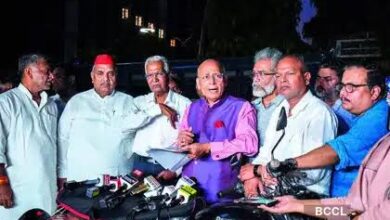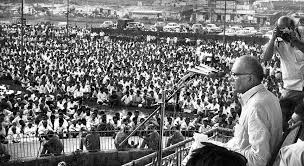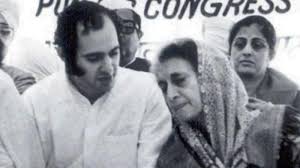COVID-19 : Desperate Times Call for Radical Measures
Need for Nationalisation of the Healthcare Sector

Asmita Verma, Surabhi Agarwal and Bobby Ramakant
The Epidemics Act, 189 gives the central and state governments authority to impose any regulations which may be necessary to contain the outbreak of a disease. Some state governments such as Madhya Pradesh, Rajasthan and Chhatisgarh have already used this power to bring private healthcare facilities in their state under government control. Now that the national lockdown has been eased to a large extent, COVID-19 cases are predicted to increase rapidly in the coming days. Our government needs to do everything in its power to prepare hospitals, medical equipment and healthcare workers, as well as to scale up testing, tracing and isolation measures, to face this imminent deluge. At such a time, the nationalisation of the private healthcare sector in India is a possibility that must be seriously considered.
At the global level, this would hardly be an unprecedented move. We already have examples of countries like Spain and Ireland, which have taken over private healthcare facilities to strengthen their COVID-19 response. Demands for more such measures are gaining strength around the world. Healthcare workers, who are at the frontlines of this crisis, have called for an end to profiteering in healthcare. For example, recently on International Nurses Day, the Public Services International, which is a global union federation of workers in public services, called on governments to work with nurses and their unions to develop public health reconstruction plans which put an end to “the perverse practice of extracting profits from ill-health”.
According to a news report, private hospitals employ four out of every five doctors, have two-thirds of the hospital beds and almost 80% of the ventilators available in India, but, at the time of the report, they were handling less than 10% of COVID-19 cases. While COVID-19 testing and all medical care remain free of cost in the public healthcare sector, in the private sector there is a maximum cap of Rs. 4500 on the cost for a test, and it has been reported that the cost of medical and intensive care for COVID-19 could go up to several lakh rupees for fifteen days of hospitalization.
What could be a better way to scale up testing and increase hospitalization capacity and access in the country than to nationalise the private health sector? This would be far more effective than trying to negotiate pricing caps with the profit-seeking lobby of private healthcare. If such a step is taken, the government will be able to leverage the facilities and resources gained to strengthen its COVID-19 response in a range of areas, such as in the efficient procurement and manufacture of Reverse Transcriptase Polymerase Chain Reaction (RT-PCR) and Rapid Antibody Tests, the conduct of these tests on a large scale in fully equipped laboratories, and the preparation of adequate hospital beds, medical equipment and healthcare staff. Further, this would make it be easier to ensure the rights and safety of patients and healthcare workers through the effective implementation of common standards of care, working conditions, payments and safety procedures across all healthcare facilities.
Medical research in India could also benefit from the nationalisation of private research facilities. It was recently reported that in an effort to develop a vaccine for COVID-19, the virus strain was isolated by the government-run National Institute of Virology, but the Indian Council of Medical Research brought in a private sector entity, Bharat Biotech, to take the research forward. But why not nationalize all medical research infrastructure so that it can be put to optimal use by India’s scientists in the fight against COVID-19? Further, as proposed by the government of Costa Rica, this could support the development of a ‘global COVID-19 commons’ for all research, data, technology, treatments and vaccines relating to COVID-19 as a non-proprietary shared global resource.
Politics is the ultimate determinant of the health outcomes of a society. This crisis must be met with a strong political will to bring quality healthcare services to all those affected, irrespective of their social and economic location. The profit-motive has no role to play in the achievement of this objective. The decades of caste-discrimination and lack of public civility that have characterised the development of India’s healthcare sector cannot be undone overnight, but the nationalisation of private healthcare facilities and resources and their deployment for the benefit of all Indians is the best way forward at this critical time. It could also be the beginning of a decisive reversal of the wrongs of the past.
( Note : Opinion expressed here belongs to writers below )
By Asmita Verma, Surabhi Agarwal and Bobby Ramakant
Contact: 9560616159, 9686254750, 9839073355
E-mail ids: asmita.verma15@nludelhi.ac.in, surabhiagwl@gmail.com, bobbyramakant@yahoo.com
Note: Asmita Verma is a 5th year LLB student at National Law University, Delhi
and Surabhi Agarwal and Bobby Ramakant are spokespersons of Socialist Party (India)





